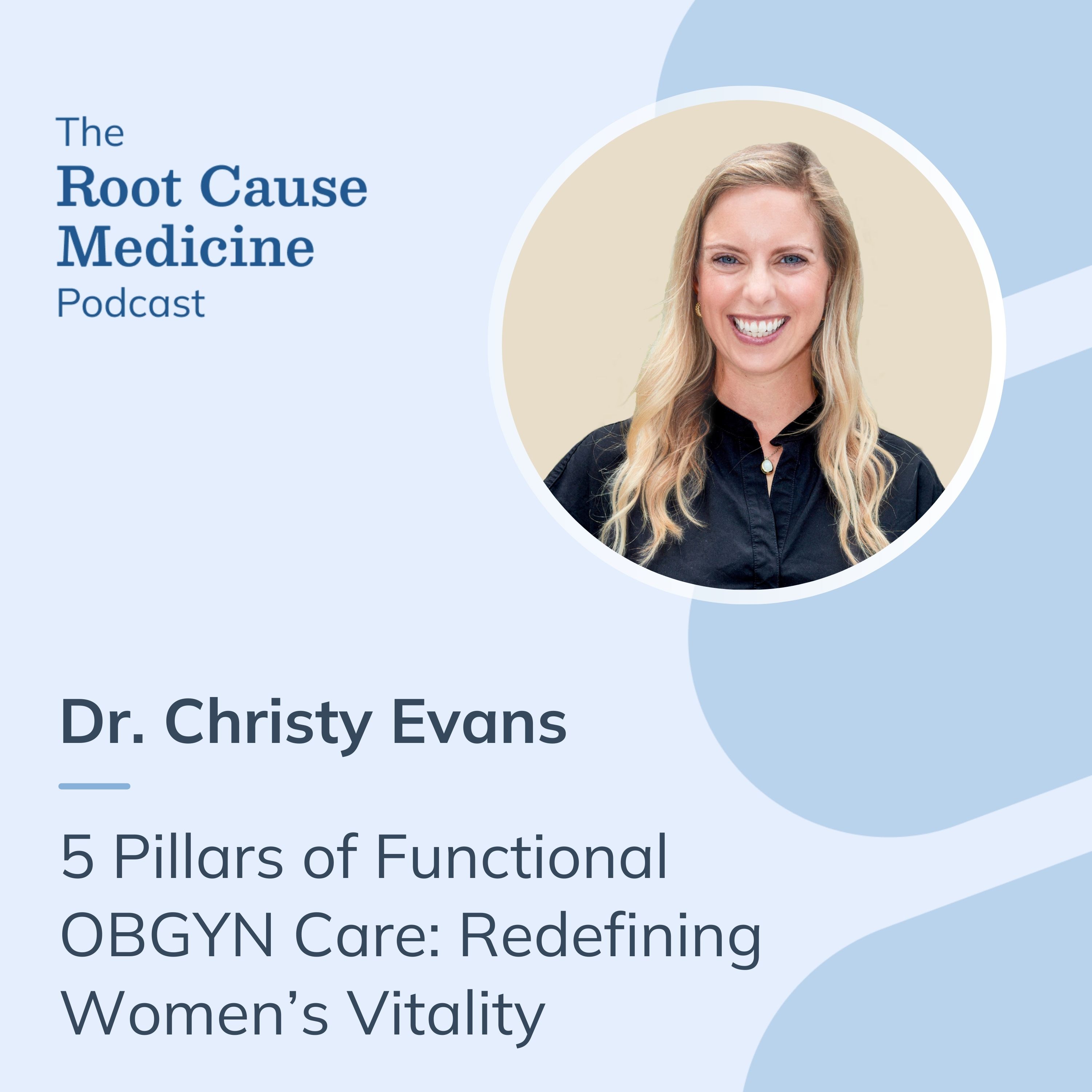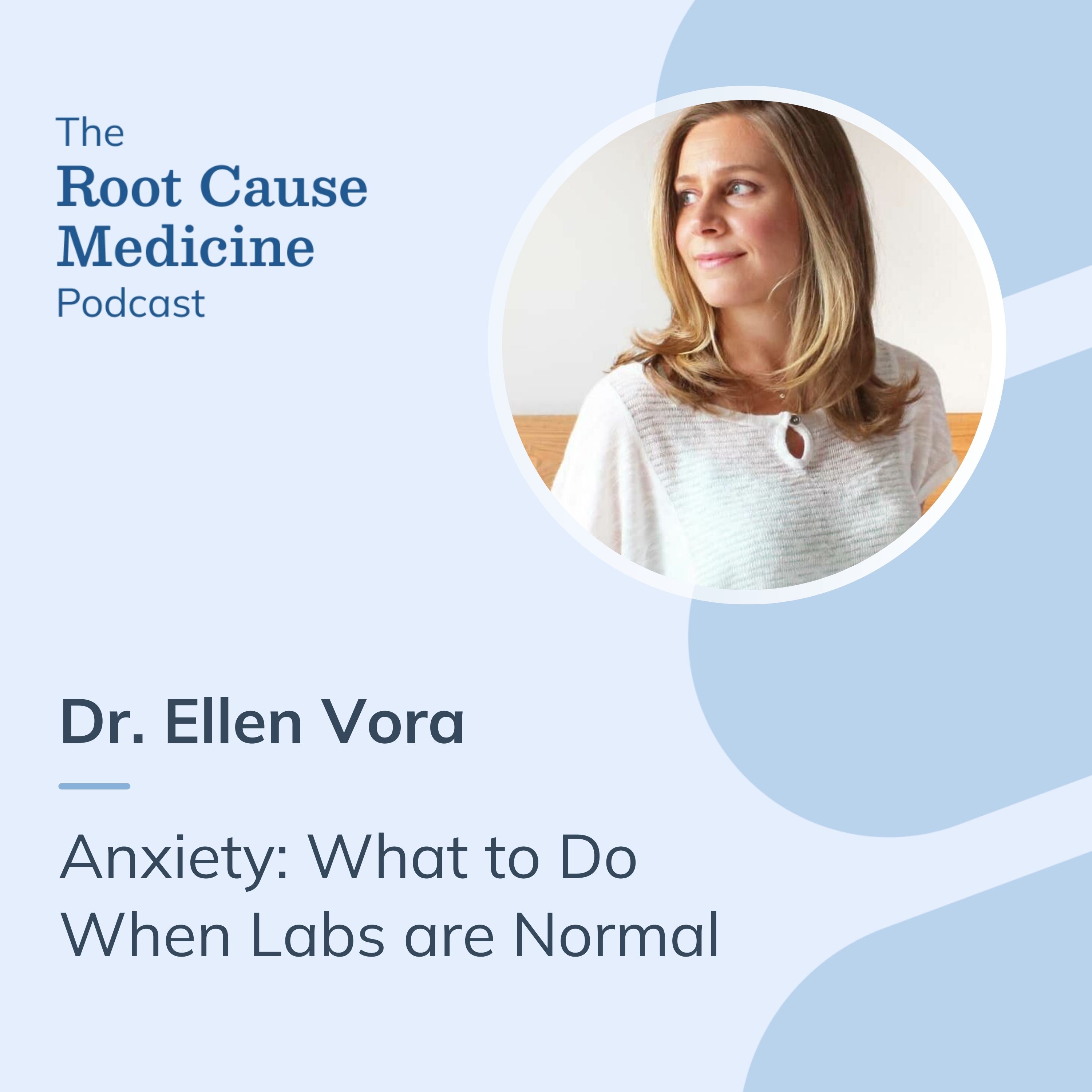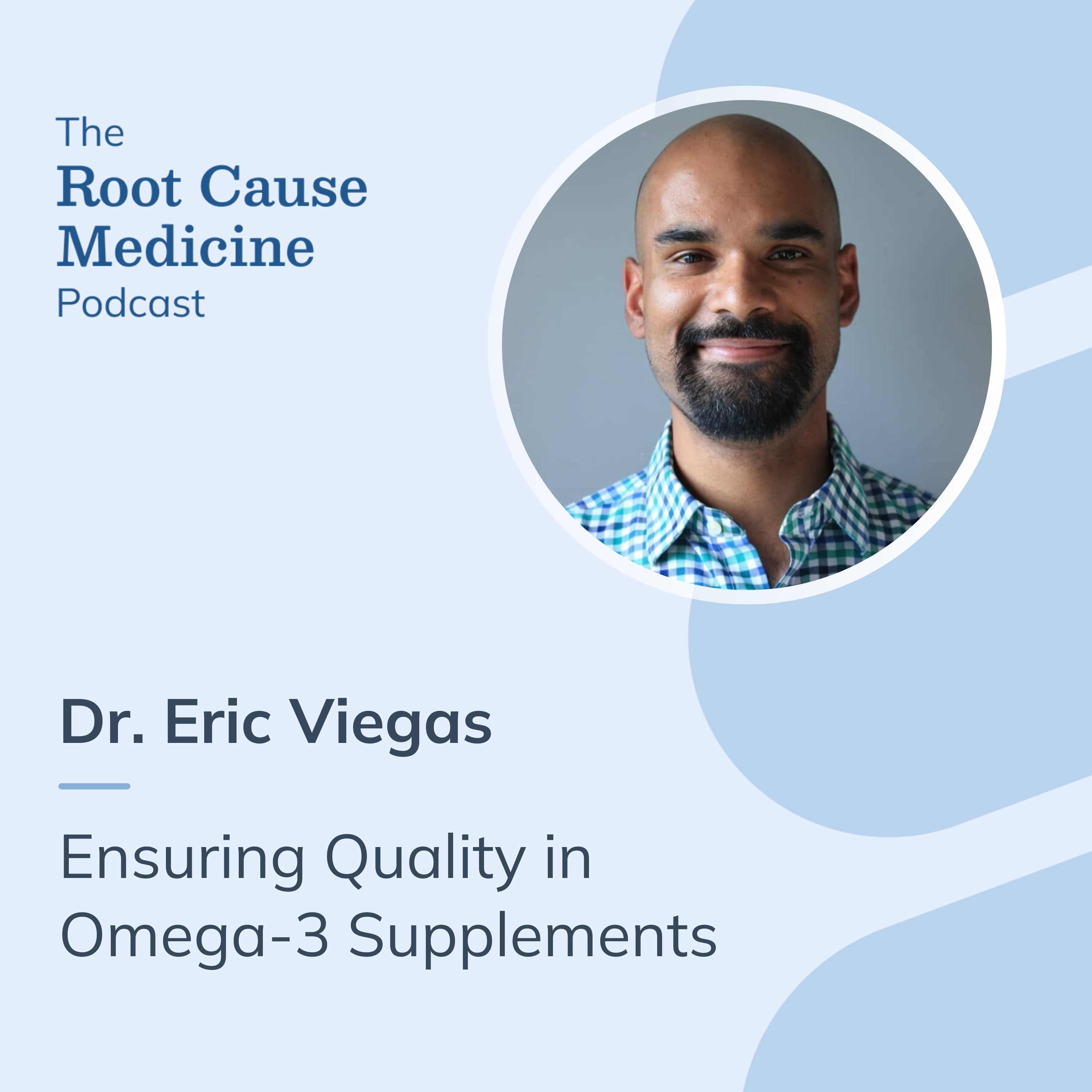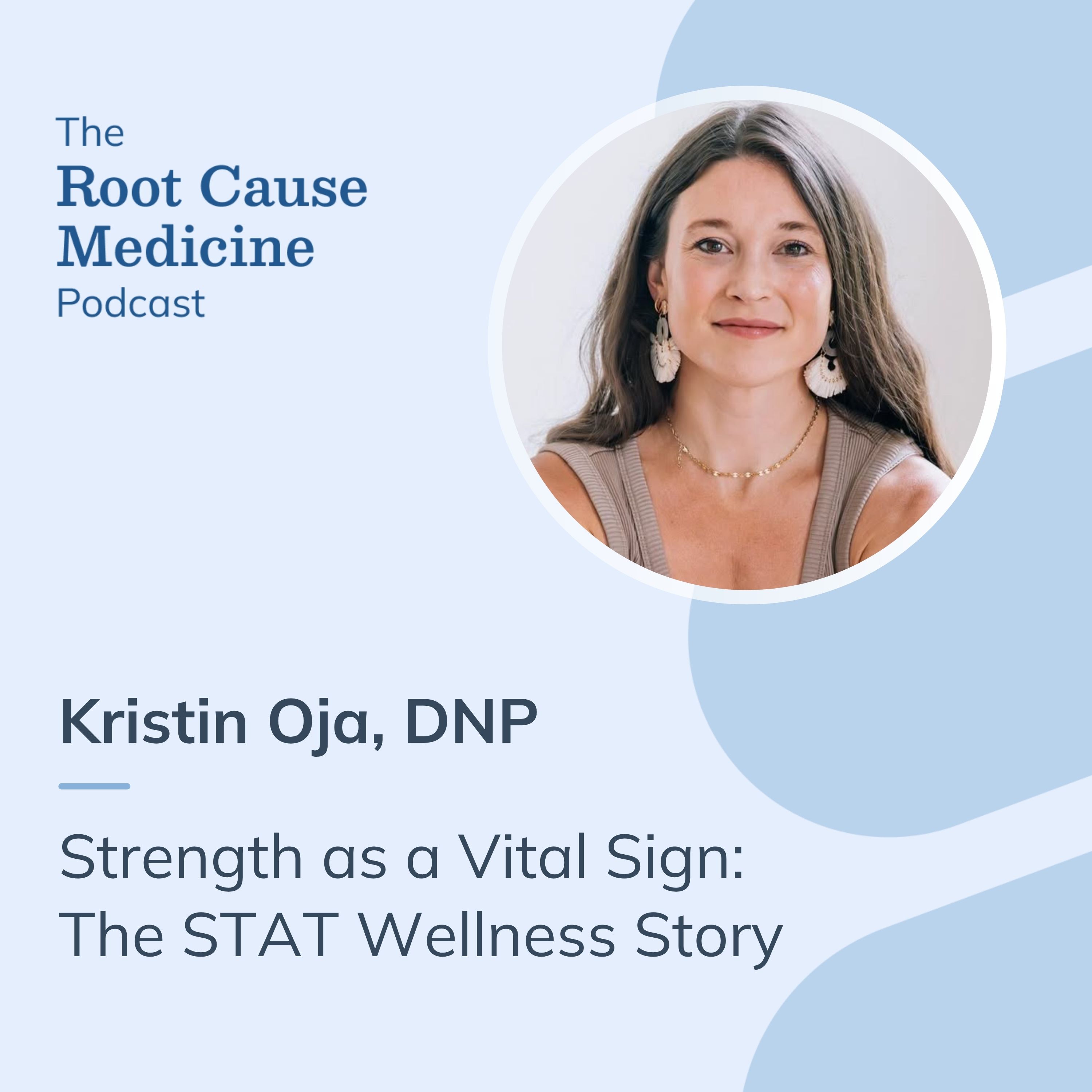As a naturopathic doctor who commonly treats small intestinal bacterial overgrowth, one of the topics I frequently counsel my patients on is die-off reaction. This phenomenon can happen with the initiation of any type of antimicrobial therapy and (reasonably) causes concern among patients if they are not properly informed.
Although die-off is a sign that treatment is working and headed in the right direction, it can present suddenly with severe, uncomfortable symptoms, making the treatment plan difficult to adhere to. Though it can be unpleasant, die-off isn't serious, and treatments are available to help manage its symptoms.
[signup]
What Is SIBO?
Small intestinal bacterial overgrowth (SIBO) is a condition characterized by an abnormally high number of bacteria in the small intestine. Normally, the small intestine contains relatively few bacteria compared to the large intestine. However, in SIBO, bacteria from the large intestine migrate to the small intestine or proliferate excessively within it, disrupting normal digestive processes and leading to various symptoms. (8)
The common causes of SIBO are diverse and often related to underlying conditions that affect the normal motility, anatomy, or function of the gastrointestinal tract. These causes include:
- Intestinal motility disorders, which allow bacteria to stagnate and overgrow within the intestines
- Intestinal structural abnormalities that can impair motility and create areas where bacteria can accumulate
- Impaired immune function, which can decrease the body's innate ability to regulate bacterial populations
- Digestive enzyme deficiencies, which can make the upper gastrointestinal less acidic and more hospitable to bacterial overgrowth
Symptoms of SIBO often resemble those of other gastrointestinal disorders, especially irritable bowel syndrome (IBS), making it challenging to diagnose based solely on clinical presentation. Common symptoms include:
- Bloating and distension
- Abdominal pain or discomfort
- Diarrhea or constipation
- Excessive gas and belching
- Nutrient deficiencies
- Fatigue
The most common diagnostic test for SIBO is the breath test, which measures the levels of gases produced by bacteria in the intestines after the patient ingests a sugar solution (containing lactulose or glucose). Elevated levels of these gases are diagnostic for SIBO. A direct culture of fluid aspirated from the small intestine may be performed in some cases. However, due to its invasive nature, this is less commonly ordered than the breath test.
You can order these SIBO breath tests through Rupa Health:
- SIBO - 2 Hour by Genova Diagnostics
- SIBO - 3 Hour by Genova Diagnostics
- SIBO/IMO Glucose Breath Test by Commonwealth Diagnostics International, Inc.
- SIBO/IMO Lactulose Breath Test by Commonwealth Diagnostics International, Inc.
- trio-smart SIBO Breath Test by Gemelli Biotech
Treating SIBO involves a multi-step process that includes:
- Eradicating bacterial overgrowth with antibiotics, herbal antimicrobials, or elemental diet
- Healing the small intestinal lining
- Preventing relapse by addressing SIBO's underlying factors
SIBO treatment protocols are outlined in detail in these Rupa Health Magazine articles:
- A Functional Medicine SIBO Protocol: Testing and Treatment
- A Functional Medicine Intestinal Methanogen Overgrowth Protocol (IMO): Testing, Nutrition, and Supplements
What Are Die-Off Symptoms?
Die-off symptoms, also known as the Herxheimer (Herx) or Jarisch-Herxheimer reaction, refer to a transient set of symptoms that arise when large numbers of pathogenic microorganisms die off in the body, releasing toxins more quickly than the body can eliminate them. Named after dermatologists Adolf Jarisch and Karl Herxheimer, the reaction was first observed in syphilis patients undergoing treatment. Die-off symptoms can occur during various antimicrobial treatments of bacterial, fungal, parasitic, and chronic viral infections.
In the context of SIBO, die-off symptoms may occur when antibiotic treatment is initiated and begins to reduce the bacterial load in the small intestine. When these bacteria die, they release endotoxins and other inflammatory substances into the bloodstream, triggering an immune response. The body's efforts to detoxify and eliminate these substances can result in symptoms that can sometimes be more intense than those caused by the SIBO itself. (22)
Unlike SIBO symptoms, which primarily result from the overproduction of gas and inflammation in the intestines caused by bacterial overgrowth, die-off symptoms are the physical manifestations of the systemic inflammatory immune response triggered by the initiation of successful antimicrobial treatment.
Common SIBO Die-Off Symptoms
The Herx reaction can cause flu-like symptoms that can come on suddenly and range in severity. Die-off symptoms may include:
- Fatigue
- Fever
- Chills
- Body aches
- Weakness
- Headache
- Brain fog
- Skin rash
- Exacerbation of SIBO symptoms
Duration and Severity of Die-Off Symptoms
The duration and severity of die-off symptoms can vary widely, but they typically follow a general timeline. Most patients begin to experience die-off symptoms within a few hours to a few days after starting antimicrobial treatment. Most often, these symptoms will self-resolve within 3-7 days. (9)
Individual variability is a hallmark of die-off reactions. Some patients will experience no to mild symptoms, while others can endure more severe reactions that last for several weeks and impact their daily lives. In my clinical experience, several factors can affect Herxheimer severity and timeline:
- The overall bacterial load
- Disease chronicity
- The type of treatment used
- The patient's vitality
Managing SIBO Die-Off Symptoms
SIBO die-off symptoms don't need to be treated. In many cases, symptoms are mild and self-resolve within a week.
However, the following strategies can be helpful for patients feeling challenged by more severe symptoms:
Go Slow
A "low and slow" approach to antimicrobial treatment can significantly mitigate die-off symptoms. Starting with lower doses of antibiotics or herbal antimicrobials and gradually increasing the dose allows the body to adapt to the dying bacteria and the associated release of toxins. This incremental method can minimize the intensity of die-off reactions and provide a more tolerable experience for patients.
Use Alternative Antimicrobial Agents
If a patient continues to experience die-off symptoms for more than 5-7 days of their protocol, this could be a sign of intolerance to the treatment plan, and they may respond better to alternative agents.
Support Detox Pathways
The liver is the body's primary detoxification organ. If it is overburdened or working sluggishly, it could be why you are having trouble with die-off symptoms. The following options can help support the liver:
- Milk Thistle: 420-600 mg daily
- N-Acetylcysteine (NAC): 600-1,200 mg daily
- Glutathione: 500 mg twice daily
- Cruciferous Vegetables: A diet rich in cruciferous vegetables, including broccoli, Brussels sprouts, and kale, provides sulfur compounds that support the liver's detox pathways.
Besides the liver, the digestive tract, kidneys, and skin also eliminate toxins and waste from the body. Supporting these organ systems as well will optimize detoxification efficacy:
- Fiber: eat a fiber-rich diet, aiming for at least 25 grams of fiber daily, to promote daily bowel movements
- Hydration: drink at least half your body weight in water every day to support the liver, bowels, and kidneys
- Dry Brushing: this massage technique with a bristled brush helps promote blood circulation, lymphatic drainage, and unclogs pores to help eliminate toxins from the body
Reduce Toxic Burden
Minimizing the overall toxic burden can alleviate the load on the body's detox systems, making it easier to manage die-off reactions. Recommendations include:
- Environmental Toxins: Reducing exposure to environmental toxins by using natural cleaning products, avoiding plastics with BPA, and choosing organic produce when possible can decrease the toxic load.
- Personal Care Products: Opting for natural and non-toxic personal care products reduces exposure to potentially harmful chemicals.
- Air Quality: Using air purifiers and ensuring good ventilation at home can improve air quality and reduce the inhalation of environmental toxins.
Supplements for Symptom Management
Binders, including charcoal, bentonite clay, and chlorella, have been shown to bind to toxins. Although these supplements have not been studied specifically for their ability to reduce die-off symptoms, they are commonly prescribed by doctors for various types of detoxification protocols because they trap toxic byproducts so they are not reabsorbed into circulation and eliminate them from the body. Binders work best if taken on an empty stomach and should be dosed at least 30-60 minutes away from other supplements and medications.
Antioxidant and anti-inflammatory supplements can reduce endotoxin-induced inflammation and palliate die-off symptoms. Examples include:
- Ginger: 500-2,000 mg daily (27)
- Quercetin: 500 mg 1-2 times daily (35)
- Vitamin C: 250-1,000 mg 1-3 times daily
When to Seek Medical Advice
While die-off symptoms are typically a sign that treatment is working, certain red flags indicate the need for medical attention. Die-off symptoms are usually temporary, with negative side effects of treatment appearing within a day or two of starting therapy and then resolving by day 4 or 5. Severe or prolonged die-off symptoms (lasting more than 5-7 days) can sometimes signal that the body is overwhelmed or that there is another underlying issue.
Patients who experience the following symptoms should talk to their doctor:
- High fever
- Severe or persistent abdominal pain
- Significant changes in mental status
- Difficulty breathing
- Hives
- Vomiting
- Swelling of the lips or tongue
- Rash that covers most of the body
[signup]
Key Takeaways
- Die-off symptoms are a sign that SIBO treatment is working; however, when symptoms become too intense, they can interfere with treatment compliance, ultimately leading to slower SIBO eradication times.
- I always tell my patients that we need to strike a balance between successfully treating SIBO and managing die-off symptoms. If possible, persevering through the Herx reaction without modifying antimicrobial prescriptions will expedite the treatment protocol.
- Doctors should be mindful that very severe or prolonged symptoms may be a sign of patient allergy or intolerance, warranting the need for alternative antimicrobial agents.
- Interventions that help reduce inflammation and support the body's detoxification pathways can help prevent and manage die-off symptoms effectively to ensure patient comfort during SIBO antimicrobial therapy.









.jpg)


%201.svg)







.png)